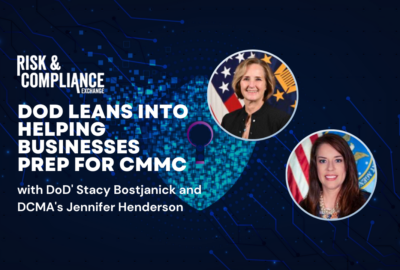Camping gear points the way to energy savings
Green technologies put green in the economy as well
My first camping tent was a much-used, U.S. Army-issue pup tent, courtesy of my father, a World War II veteran. It was thick, Army-green canvas, and the two tent poles were collapsible, wooden staffs. It was so heavy I couldn’t carry anything else on my pack.
My son Claiborne hiked the entire Appalachian Trail in 1997. The difference between my camping gear and his was amazing. First, his tent weighed about three pounds. His sleeping bag, which kept him warmer than my bulky old Army version, weighed less then two pounds. His food was far lighter than our old canned beans and hot tamales.
What happened in those 47 years separating his gear and mine was a remarkable example of American ingenuity and research. Spurred by a booming interest in outdoor camping, the country’s free market economy brought better and lighter and safer camping to the public.
But it wasn’t the market alone that brought these changes. The federal government’s investment in space exploration led to technology transfers for lightweight camping metals and better insulation for sleeping bags. European competitors accelerated changes, too.
The same thing has happened to many other everyday products, from bicycles to light bulbs. This history is a trail guide for the current attempt to make the country energy independent and environmentally safer.
President Obama and Vice President Joe Biden have focused attention on such small steps forward. In two recent visits to North Carolina, for example, Vice President Biden toured Cree Incorporated in Durham with Secretary of Energy Steven Chu to promote that company’s use of low-energy, LED lighting.
Mr. Obama did the same at Charlotte’s Celgard, a company that makes rechargeable lithium batteries used in computer laptops. The company received a $49 million grant to make similar, energy efficient batteries for electric automobiles.
The big bonus of such manufacturing, especially in the Great Recession, comes in new jobs. That’s why some states are focusing their economic development policies toward such businesses.
These small-step advances are not the big scientific breakthroughs. I talked to a robotics scientist recently, and he conceded that the battery in his machine was still far to heavy and short on electricity storage capacity. But he noted the battery was better than earlier versions.
We all want breakthrough solutions. How can we inexpensively convert solar power into electricity? How can we transform or treat deadly radioactive nuclear power waste? Or burn coal cleanly and cheaply?
The free market and the government are trying to answer those questions. But while we impatiently wait for these important breakthroughs, we can obtain short-term savings with incremental advances. Scientists right now, for example, are trying to build a better light bulb in North Carolina’s Research Triangle Park.
Such innovations are not the magic miracles that feed the 24-hour news cycle. But they are attainable goals. Just ask my son who didn’t have to lug my old Army pup tent 22-hundred miles on the AT.
Copyright © 2024 Federal News Network. All rights reserved. This website is not intended for users located within the European Economic Area.





